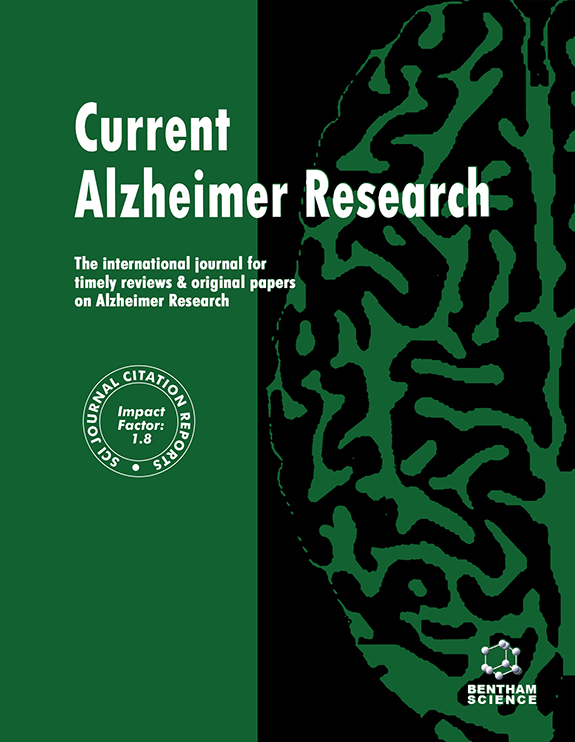Submission Tilte
Drug Discovery and Possible Therapeutic Developments in Neurological Disorders Alzheimer’s Disease and Tauopathy
Submission Abstract:
A critical appraisal Alzheimer's disease (AD) is a devastating mental illness in society and the etiology and pathogenesis of AD are still poorly understood. One of the key hallmark pathological proteins of AD is tau, where the pathophysiology and the functional relationships between hyperphosphorylation of tau and synaptic damage in AD neurons are still challenging to modern biologists. The microtubule-associated protein (MAPT), tau plays an important role in maintaining the structure and stability of microtubules and transport of organelles in neurons. The regular or normal tau becomes pathological in a disease state, leading to paired helical filaments (PHFs), and neurofibrillary tangles (NFTs). However, the underlying mechanisms of normal tau becoming pathological are poorly understood. Several recently published studies described the involvement of tau in synaptic starvation and neurodegeneration is associated with the activation of kinase and phosphatases in a cell. The structural diversity of the MAPT gene is unique and the molecular manifestations proved that there is a harbor of kinase residues, nearly 80 serine/threonine, relying on MAPT with malfunctions. Different aspects of tau hyperphosphorylation and a cascade of cellular events, including transcriptional modifications, oxidative stress, and mitochondrial dysfunction are still poorly understood in the pathophysiology of AD.
Recent studies revealed that pathological forms of p-tau, mitochondrial defects, and Oxidative damage, are major causes of synaptic damage and cognitive decline in AD. There are many missing mechanistic links between toxic protein aggregations and the accumulation of misfolded proteins, leading to impairment of axonal transport in AD neurons. Further, there is a scientific gap in our understanding of kinase activation and hyperphosphorylation of tau in AD neurons. In addition, the present status of disease-modifying therapeutic approaches to tau has failed, which may be due to a lack of thorough understanding of normal tau.
The special issue covers the complete picture of tau molecular features in normal and disease states with a particular focus on 1) the structural properties of tau, 2) tau isoforms, 3) axonal transport in healthy and disease states, and 4) the current status of anti-tau therapeutics in AD. We strongly feel that our thematic issue will be useful to students, scholars, and researchers of tau and AD.




